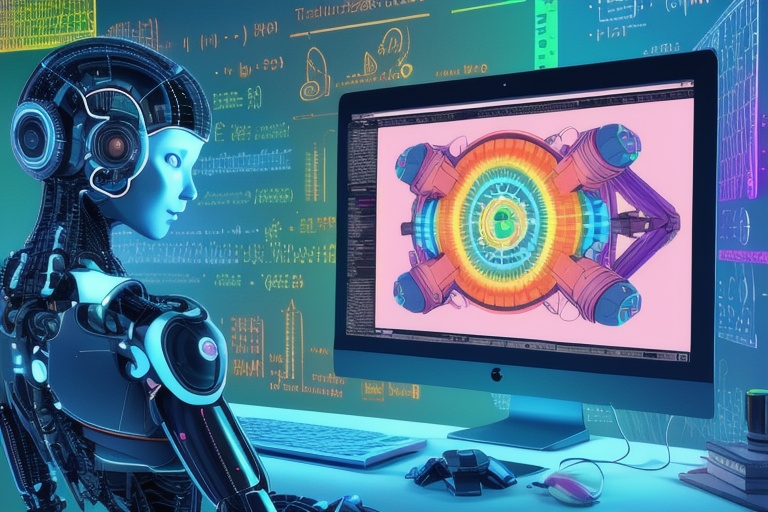Artificial intelligence (AI) and machine learning are rapidly reshaping the landscape of technology and human interaction. This revolution isn't just limited to the realms of software development or sophisticated robotics; it is also a frequent and popular element within the storytelling of modern cinema. One such cinematic journey that beautifully encapsulates this interface is the 2001 science fiction film "A.I. Artificial Intelligence," directed by the acclaimed filmmaker Steven Spielberg.
Artificial intelligence (AI) and machine learning are rapidly reshaping the landscape of technology and human interaction. This revolution isn't just limited to the realms of software development or sophisticated robotics; it is also a frequent and popular element within the storytelling of modern cinema. One such cinematic journey that beautifully encapsulates this interface is the 2001 science fiction film "A.I. Artificial Intelligence," directed by the acclaimed filmmaker Steven Spielberg.
The narrative of "A.I. Artificial Intelligence" transports the audience to a futuristic setting where advancements in technology blur the lines between humanity and machinery. The central figure of this tale is David, an android child with a groundbreaking feature: the capacity for genuine, human-like love. This unique programming leads David on an emotional odyssey that begins with a seemingly ordinary pool party. Yet, an unforeseen incident at the event activates David's self-preservation protocols, catalyzing a sequence of adventures that question the essence of human existence.
The Core of Spielberg's Sci-Fi Vision
Throughout its course, "A.I. Artificial Intelligence" invites its audience to ponder deep philosophical queries regarding love's true nature, the distinction between human and machine, and technology's profound influence on our lives. Spielberg's film ignites a conversation about AI's potential boons and risks, compelling viewers to consider a future where intelligent machines coexist with humans. The thoughtful engagement with such questions, alongside a compelling plot, has earned "A.I. Artificial Intelligence" critical accolades and a place in the hearts of audiences.
The Lasting Impact of Storytelling
Beyond the futuristic elements and special effects, "A.I. Artificial Intelligence" stands as a testament to the heart of human experiences: the yearning for affection and the search for belonging. Spielberg's portrayal is not just a feast for the eyes but an exploration of themes that resonate with each of us on a fundamental level. This groundbreaking work continues to hold significance in Spielberg’s collection of movies, illustrating that its themes of love, technology, and existence remain pertinent, even as it ages.
Looking Forward: Production Insights
As we anticipate delving further into "A.I. Artificial Intelligence's" creation in the next installment of this series, we can expect to uncover the trials and tribulations encountered during production. These behind-the-scenes narratives often bring a new appreciation for the film and help us understand the intricate decisions made to bring such a story to life. The discussion will also touch upon Spielberg's vision and the impacts his film has had on perceptions of AI.
Stay with us as we continue to unravel the captivating details behind the making of "A.I. Artificial Intelligence." By examining such an influential piece within Spielberg’s oeuvre, we gain not just entertainment but also a vital perspective on the role that intelligent machines might play in our shared future.
In our forthcoming section, we are primed to explore the intricate production process of "A.I. Artificial Intelligence," zooming in on the challenges surmounted and the inventive steps taken to shape this cinematic gem. Join us as we journey further into the imaginative world that "A.I. Artificial Intelligence" presents, drawing parallels between Spielberg’s visionary movie and the ongoing evolution of artificial intelligence and machine learning.
Information for this article was gathered from the following source.




